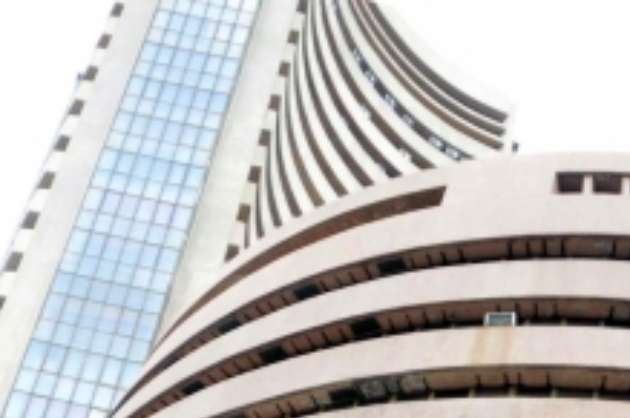New Delhi, March 24
With many equity markets reaching new highs and record issuance and deal activity, there have been growing concerns over a developing financial market bubble.
In an analysis of previous bubbles, Goldman Sachs said while there are pockets of excessive valuations in equities, and parts of the market are justifiably de-rating as interest rates adjust, only a few of these common characteristics are currently present or being partially met.
"Importantly, the absence of significant leverage (outside of the government sector) and the early stage of the cycle suggest that the risks of an imminent bubble with systemic risks to the financial system and economies is relatively low", it said.
"The history of bubbles shows that they can emerge in very different environments and under quite different conditions. Nonetheless, there are some common features that help bubbles to form and thrive. These conditions are worth monitoring as they provide fairly reliable signals that a bubble might be developing", Goldman Sachs said.
"In our assessment, only a few of these common characteristics are currently present. These are, of course, summaries. For example, there is no doubt that we have extraordinary low levels of interest rates by historical standards and these may encourage excessive risk-taking or valuation. But at the same time private-sector balance sheets are strong, thereby reducing our judgment of broader systemic risks. Equally, when we consider fund flows and speculative behaviour we are balancing some signs of very strong risk tolerance against the very low levels of fund lows that these have come from", it added.
Overall, the absence of significant leverage (outside of the government sector) and the early stage of the cycle suggest that the risks of an imminent bubble with systemic risks to the financial system and economies is relatively low.
"There are signs of complacency and heightened optimism in the market. Nevertheless, the fundamental factors that drive the market and the early stage of the economic cycle would suggest that we are far away from a bubble or bear market", Goldman Sachs said.
Several areas of the market, particularly those seen to benefit from digitisation or decarbonisation, have seen sharp price appreciation. While many of these companies have been boosted by the impact of low interest rates and are vulnerable to de-rating if bond yields rise, most of the major companies are profitable. This suggests that, even if they are overvalued and de-rate, they are not likely to collapse entirely or drag the broader market down.
Meanwhile, the expected revenue growth and EPS for many companies significantly outstrips that of the broader market, and so while valuations have increased dramatically (and may have overshot fundamentals prior to the recent sell-off), these companies are generally highly profitable. So a change in the macroeconomic environment, for example with higher bond yields, may well justify lower valuations for these companies but will likely not hamper their longer-term return prospects, which are supported by strong fundamentals.
In the recent past there have been concerns about a boom in capital-raising and deal activity. More than $470bn-worth of transactions have been announced by North American and European acquirers this year e the strongest start to a year since 2000.
ians

































